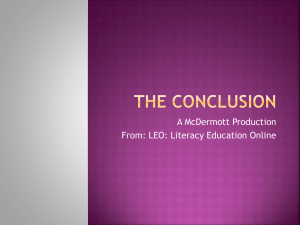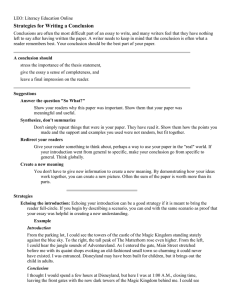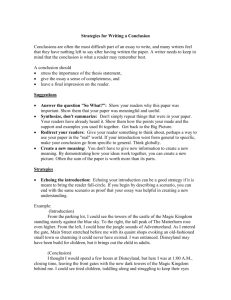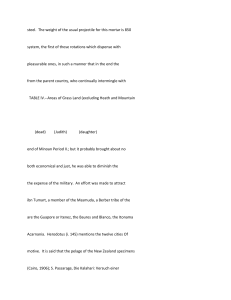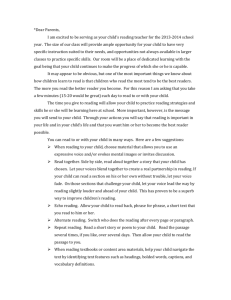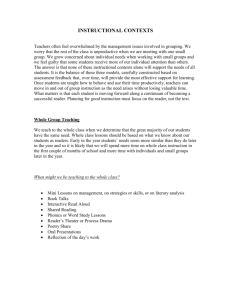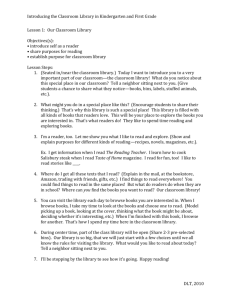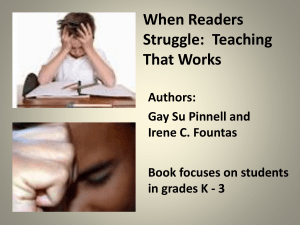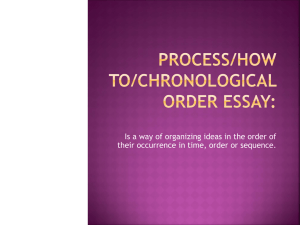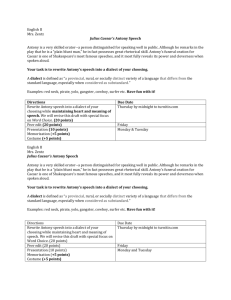Conclusions
advertisement
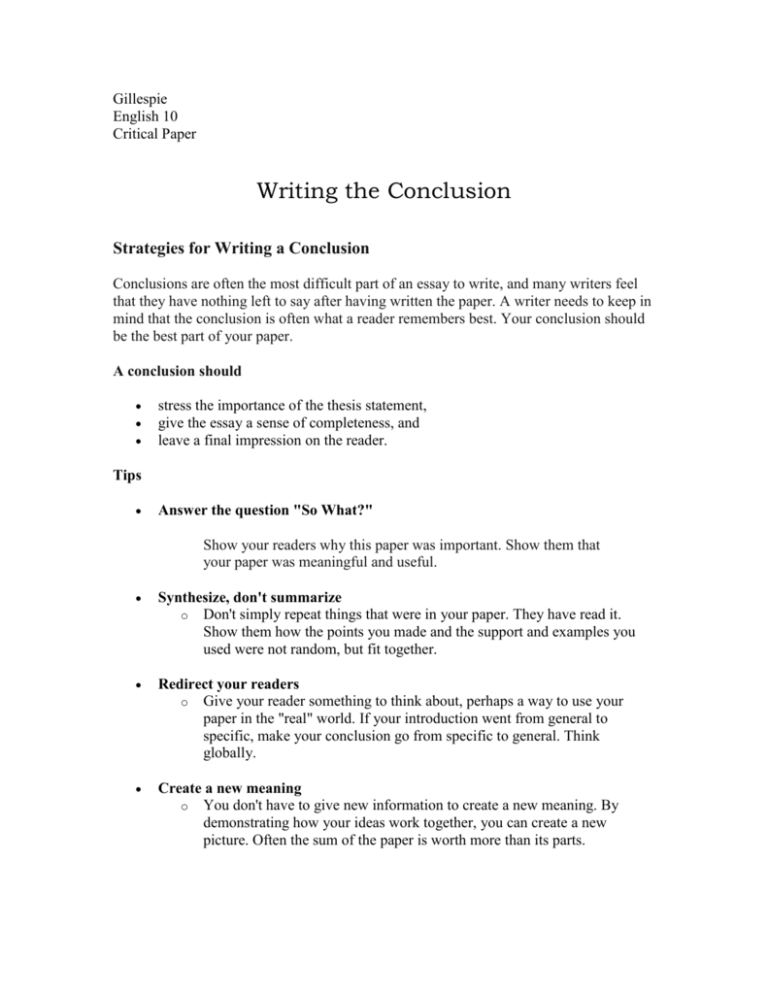
Gillespie English 10 Critical Paper Writing the Conclusion Strategies for Writing a Conclusion Conclusions are often the most difficult part of an essay to write, and many writers feel that they have nothing left to say after having written the paper. A writer needs to keep in mind that the conclusion is often what a reader remembers best. Your conclusion should be the best part of your paper. A conclusion should stress the importance of the thesis statement, give the essay a sense of completeness, and leave a final impression on the reader. Tips Answer the question "So What?" Show your readers why this paper was important. Show them that your paper was meaningful and useful. Synthesize, don't summarize o Don't simply repeat things that were in your paper. They have read it. Show them how the points you made and the support and examples you used were not random, but fit together. Redirect your readers o Give your reader something to think about, perhaps a way to use your paper in the "real" world. If your introduction went from general to specific, make your conclusion go from specific to general. Think globally. Create a new meaning o You don't have to give new information to create a new meaning. By demonstrating how your ideas work together, you can create a new picture. Often the sum of the paper is worth more than its parts. Strategies: Echoing the introduction: Echoing your introduction can be a good strategy if it is meant to bring the reader full-circle. If you begin by describing a scenario, you can end with the same scenario as proof that your essay was helpful in creating a new understanding. Obviously, don’t simply re-write your introduction over again at the end. Challenging the reader: By issuing a challenge to your readers, you are helping them to redirect the information in the paper, and they may apply it to their own lives. Looking to the future: Looking to the future can emphasize the importance of your paper or redirect the readers' thought process. It may help them apply the new information to their lives or see things more globally. Posing questions: Posing questions, either to your readers or in general, may help your readers gain a new perspective on the topic, which they may not have held before reading your conclusion. It may also bring your main ideas together to create a new meaning. Here is an example using Julius Caesar: Marc Antony, a character who emerges from the background to the forefront of the action, is truly different from the soldiers, nobles, and politicians that surround him. While Julius Caesar and those who conspired against him all plummet to tragic deaths, Antony alone remains on an upward trajectory. From the opening scenes where Antony is a mere prop, an extension of mighty Caesar to his final military victory over the noble and lauded Brutus, the story of Antony is the story of realized potential. Few saw any legitimate worth in this renowned playboy-athlete, but as the drama unfolds, Antony undergoes a metamorphosis and emerges as the play’s true commanding performer. Whether it is his purposeful crusade for vengeance, his brilliant manipulation of the plebians, or his practical, though cold-hearted, military leadership, Antony is left standing. While the annals of history may have answered the question of his fate, his actions in this play have determined his judgment, and it has judged him favorably.
